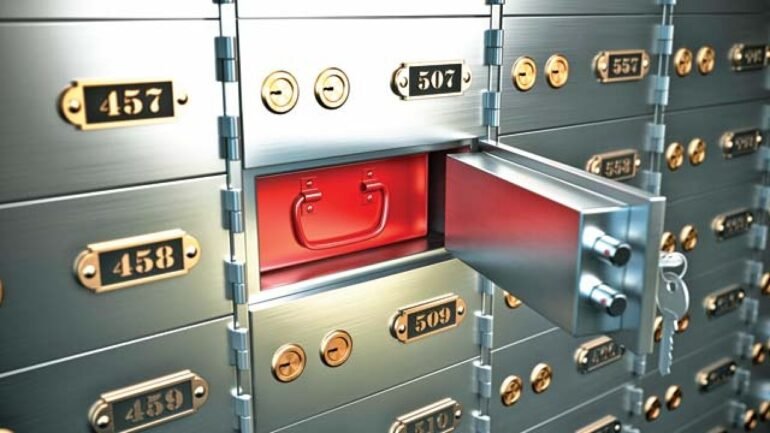Bank Locker Rules: Individuals, companies, partnership firms, limited companies, associations and clubs generally use bank locker facilities. As per the updated guidelines of Reserve Bank of India (RBI), all existing locker holders are required to execute the revised locker agreement. RBI has set December 31, 2023 as the deadline for implementation of these revised agreements.
According to a report by ET, bank lockers are made for completely legitimate purposes, such as protecting valuables like jewelry and documents. Storage of cash or currency is not permitted in these lockers, as stated in the amended locker agreements including those of State Bank of India (SBI) and Punjab National Bank (PNB).
The amended locker agreement of PNB clearly prohibits the storage of arms, ammunition, explosives, drugs, prohibited materials, perishable goods, radioactive materials, illegal substances, or any material which poses a threat to the Bank or its customers or Can create nuisance.
What can you keep in your bank locker?
Bank lockers are suitable for safeguarding property documents, jewellery, loan documents, birth/marriage certificates, savings bonds, insurance policies and other confidential and personal items.
To protect paper and similar items from moisture, Kotak Mahindra Bank recommends using airtight (zip-sealed) plastic bags or pouches. Paper documents can also be laminated for longer shelf life. Additionally, jewelry, ornaments and metal-based items can be stored in plastic or metal containers that fit within the locker. It is important to note that the bank does not provide these storage items.
When are banks responsible?
Banks assume responsibility when losses are caused by their own negligence, deficiencies, employee fraud, or acts of omission or commission. In such cases, the liability of the bank is limited to one hundred times the current annual rent of the safe deposit box. For example, if the locker rent is Rs 2000 per year, the bank will compensate you up to Rs 200,000 as per SBI policy.

